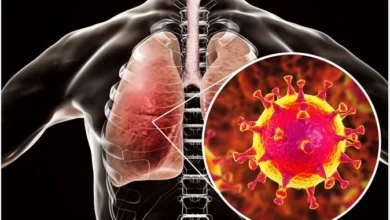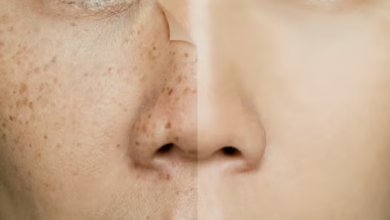What is Diabetes : Types, symptoms, Complications and how to Reduce.

Diabetes is a chronic medical condition that affects millions of people worldwide. It is characterized by high levels of glucose (sugar) in the blood due to the body’s inability to produce or properly use insulin. Insulin is a hormone that regulates the amount of glucose in the bloodstream, and when it is not produced or utilized effectively, it can lead to a range of health complications.
Types of Diabetes

There are three main types of diabetes: type 1, type 2, and gestational diabetes.
Type 1
diabetes is an autoimmune disorder in which the body’s immune system attacks and destroys the cells in the pancreas that produce insulin. This type of diabetes typically develops in childhood or early adulthood and requires daily insulin injections.
Type 2
diabetes is the most common form of diabetes and is often associated with lifestyle factors such as obesity, lack of physical activity, and poor diet. It occurs when the body becomes resistant to insulin, and the pancreas is unable to produce enough insulin to keep blood sugar levels in check.
Gestational diabetes occurs during pregnancy when hormones produced by the placenta interfere with the body’s ability to use insulin effectively. This type of diabetes usually resolves after childbirth, but women who develop gestational diabetes are at a higher risk of developing type 2 diabetes later in life.
Symptoms of Diabetes :
The symptoms of diabetes can vary depending on the type and severity of the condition, but some common signs include:
- Frequent urination
- Excessive thirst
- Hunger
- Fatigue
- Blurred vision
- Slow-healing sores or cuts
- Tingling or numbness in the hands or feet
Complications of Diabetes :
If left untreated, diabetes can lead to a range of health complications, including:
- Heart disease and stroke
- Kidney disease
- Nerve damage
- Eye damage and blindness
- Dental problems
- Skin conditions
- Hearing impairment
Prevention and Management of Diabetes :
While there is no cure for diabetes, it can be managed with proper treatment and lifestyle modifications. The key to preventing and managing diabetes includes:
- Maintaining a healthy weight
- Eating a balanced diet rich in fruits, vegetables, and whole grains
- Engaging in regular physical activity
- Monitoring blood sugar levels regularly
- Taking medication as prescribed by a healthcare professional
- Quitting smoking
- Managing stress levels
It is essential for individuals with diabetes to work closely with their healthcare team to develop a personalized treatment plan that meets their individual needs and goals.
How to reduce diabetes
1. Maintain a healthy weight:
Obesity is one of the leading risk factors for type 2 diabetes, and maintaining a healthy weight can help reduce the risk of developing the condition. A healthy weight can be achieved through a balanced diet and regular exercise.
2. Adopt a healthy diet:

Eating a balanced diet that is rich in whole grains, fruits, vegetables, and lean protein can help reduce the risk of diabetes. Avoiding processed foods, sugary beverages, and foods high in saturated and trans fats can also help reduce the risk of diabetes.
3. Engage in regular physical activity:

Regular exercise can help improve insulin sensitivity, which can reduce the risk of diabetes. Aim for at least 30 minutes of moderate-intensity exercise, such as brisk walking, cycling, or swimming, most days of the week.
4. Avoid smoking and limit alcohol consumption:
Smoking and excessive alcohol consumption can increase the risk of diabetes and other health conditions. Quitting smoking and limiting alcohol consumption can help reduce the risk of diabetes.
5. Monitor blood sugar levels regularly:
If you are at risk of developing diabetes, it is essential to monitor your blood sugar levels regularly. This can help detect high blood sugar levels early and allow for prompt intervention.
6. Manage stress levels:

Stress can have a negative impact on blood sugar levels and can increase the risk of developing diabetes. Engaging in stress-reducing activities such as meditation, yoga, or deep breathing can help manage stress levels.
7. Get regular check-ups:
Regular check-ups with a healthcare professional can help detect the early signs of diabetes and allow for prompt intervention
If you have any queries related to medical health, consult Subhash Goyal or his team members on this given no +91 99150 72372, +91 99150 99575, +918283060000



